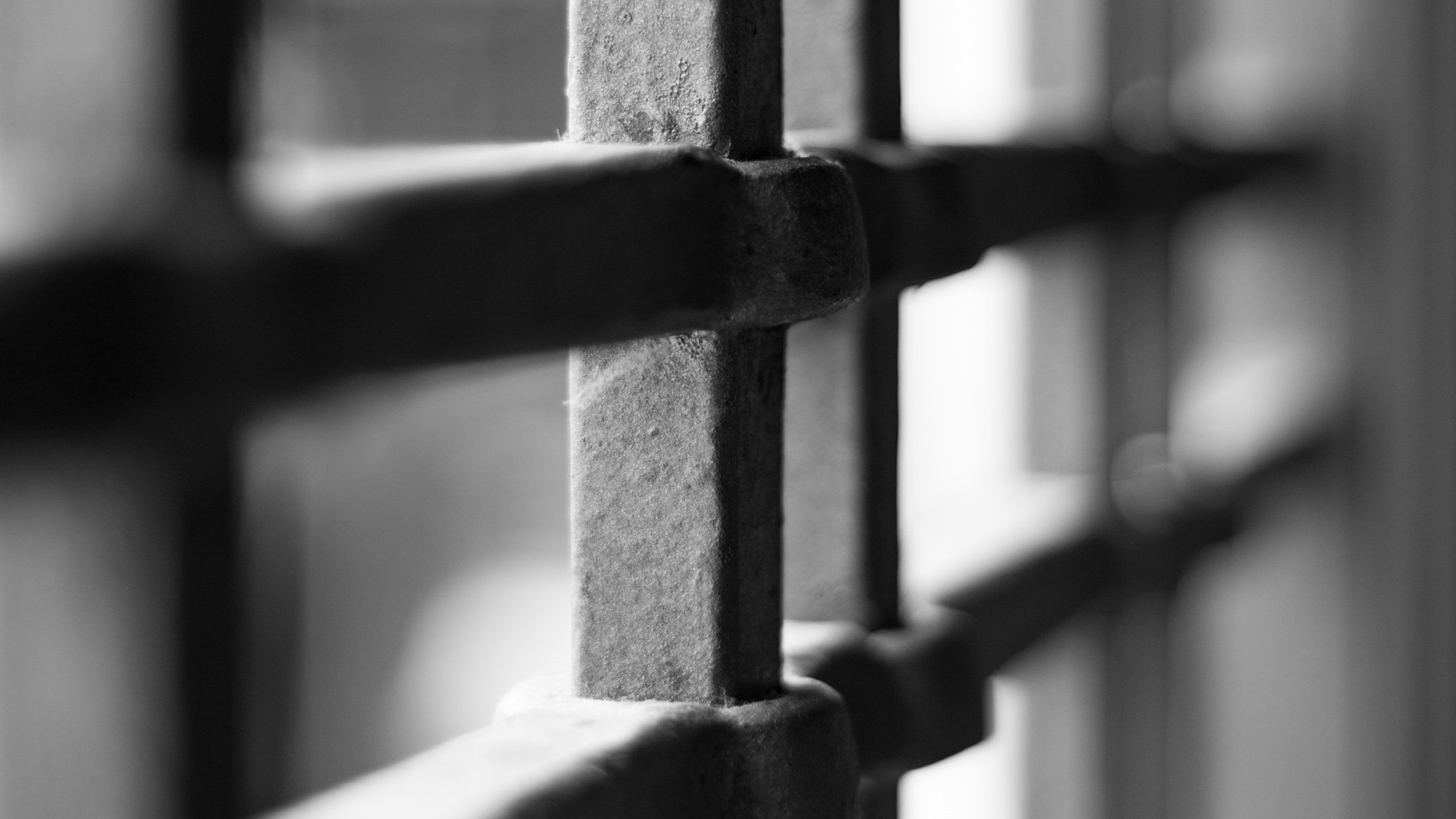El Salvador Cries for Freedom for the Innocent
The cardinal of San Salvador and families of the detained speak out for the thousands jailed during the suspension of civil rights in El Salvador.
The cardinal of San Salvador and families of the detained speak out for the thousands jailed during the suspension of civil rights in El Salvador.
The following article was published in the May-June 2023 issue of NewsNotes.
March 27 marked the one-year anniversary of the suspension of civil rights in El Salvador, as part of President Bukele’s campaign to end gang violence in the country. Known legally as a “state of exception,” it can be described as a state of despair for tens of thousands of poor and powerless people caught up in the growing police state.
Under the state of exception, originally approved by the Salvadorian Congress after the murder of nearly 90 people, blamed by gangs, over a single weekend in March 2022, the right to association is suspended, police don’t have to inform those arrested of the reason for the arrest or their rights. Those arrested do not have a right to a lawyer and can be held for 15 days without seeing a judge rather than the previous 72 hours. The human rights organization Cristosal documented more than 3,300 cases of human rights abuses under the state of exception.
The government has said that more than 65,000 have been detained over the past 12 months and at least 4,000 have been sent to a massive state-of-the-art prison that opened in February. Human rights groups like the Share Foundation and CISPES say that there have been many instances of prisoner abuses and that innocent people have been swept up in police raids.
Two remarkable things happened at the time of the anniversary:
Cardinal Gregorio Rosa Chávez of San Salvador publicly criticized his brother bishops for not speaking out boldly against the human rights abuses under the Bukele administration. “Our brothers and sisters affected by this political situation must feel as if we’ve failed them, we haven’t lived up to Romero’s mandate” the cardinal said, during a homily at the Cathedral of San Salvador, for the feast of St. Oscar Romero on March 24. Cardinal Chavez knows well Romero’s mandate to be a voice for the voiceless, having worked for him in the communications department of the archdiocese before Romero’s assassination in 1980.
The 80-year-old cardinal agreed to the publication of an interview he gave to a Bolivian priest based in Rome, in a book entitled “Conversations with Cardinal Chavez.” “I want to set the record straight about things that happened in Romero’s life and in the church and in the country at the time of Romero’s death and after – things that have never been told before,” the cardinal said in a meeting with Susan Gunn, Director of the Maryknoll Office for Global Concerns, last December.
“I cannot compete against the government’s lies on social media that are directed at me when I speak out for the poor, for the innocent arrested in the state of exception,” the cardinal said. “This book tells the truth. People will read it and know I am a man of truth.”
The Maryknoll Office for Global Concerns assisted the cardinal in sending signed copies of the book to sixteen bishops around the world.
Movimiento de Victimas del Regime (Movement of Victims of the Regime), a support and advocacy group known by the acronym MOVIR, organized marches in El Salvador by families of the detained during the state of exception. Addressing the families of the detained, MOVIR posted photos and videos of the marches on social media on March 27 and 28, stating “Thank you for this demonstration of love for your loved ones unjustly imprisoned. We defend innocents, not criminals. Freedom for the innocent.”
About 500 people marched to the Congressional building in San Salvador on March 28, chanting “freedom for the innocent.”
Many families say their detained family members have no gang ties and are taken by police motivated more by spreading fear than capturing actual criminals. They struggle to track the location of their loved ones after arrest, leading David Morales, senior attorney at the human rights organization Cristosal, to refer to those who cannot be located as “disappeared.”
Polls show that a large majority of the people, particularly the poor who have been victims of extortion and terror at the hands of gangs, approve of the suspension of basic rights and sweeping arrests that have driven gangs into hiding – until it affects them.
The new mega-prison currently holds about 4,000 prisoners, with the capacity to hold 40,000. “They are never going to return to the communities, the neighborhoods, the barrios, the cities of our beloved El Salvador,” said Gustavo Villatoro, El Salvador’s minister for justice and peace, even though about 57,000 of the 65,000 arrested are still awaiting formal charges or a trial.
Faith in action
Tell the U.S. Congress to suspend military aid to El Salvador until human rights abuses are addressed. https://mogc.info/ElSalvador-act
Photo by Marco Chilese on Unsplash

